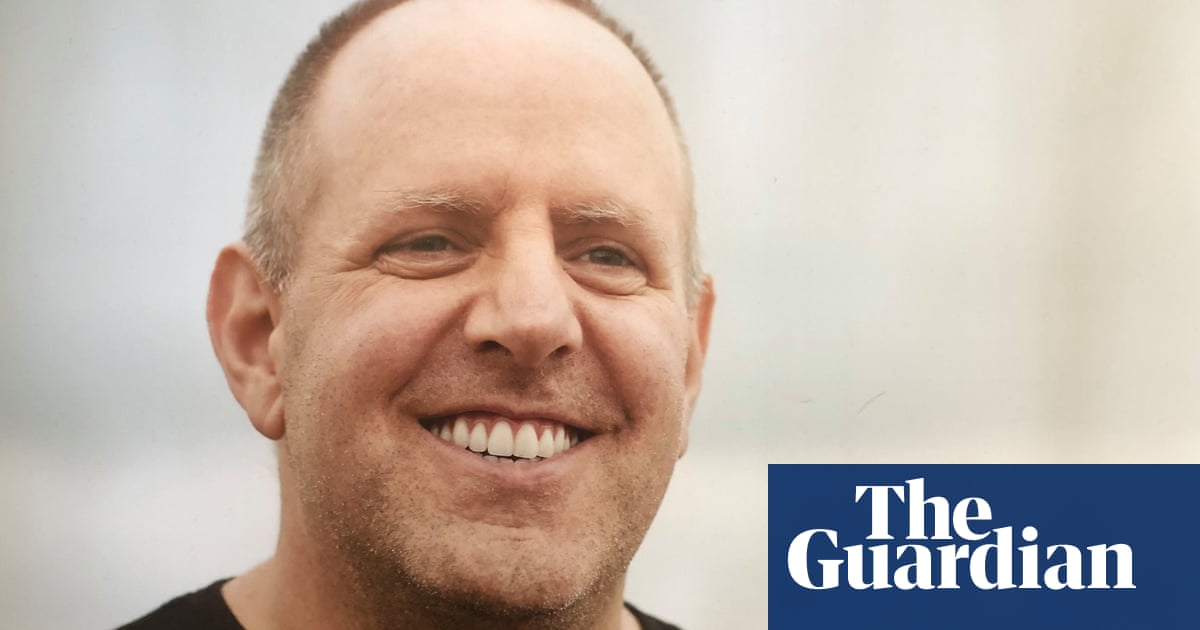Presence of officers can increase distress, according to a study in which people with lived experience suggest they could be talked down
It’s more than just Australians saying this, C.A.H.O.O.T.S. reduced deaths and violent incidents against the mentally ill in crisis scenarios when it was deployed in Oregon, but ofc we won’t implement it anywhere else. Police almost always escalate the situation.
After reading the article, and as someone who is just a member of the general public with a family (not a mental health sufferer), I don’t know how I feel. I can understand the sufferers point in the article where he was beaten for a bipolar episode… but do I feel police should take on that role of protector from people acting in a way where it doesn’t feel safe for me or my family, I hope sufferers can understand that too. I wouldn’t have a clue what the solution is as I also wouldn’t want to be that person they send in to ‘just have a talk’ as that wouldn’t seem very safe in every situation either.
How do they tell who is having a mental health episode vs some psycho just out to take a life?
After police failed to talk him out of the booth, they set police dogs on him and swung batons at him from either side of the booth, leaving him with lacerations on his forehead and hand, as well as dog bites on his leg.
How can you call that the “role of protector”? Who was being protected? I’ll concede that i’m sure it’s difficult to identify people who are having mental health episodes and those who deserve to be attacked by dogs—hang on, nobody deserves that. I’d imagine it’s much easier for a trained mental health professional to identify a situation that needs intervention, instead of people whose first instinct is to bludgeon. Imagine feeling scared and isolated, and the first responders response is to beat you. I’m sorry, I feel like I’m unfairly lashing out at you, but I’m struggling to grapple with the fact that you can read that article and go “I hope sufferers can understand that”.
I live in Canada and there’s definitely been talks of social workers filling that roll (I feel I should mention - most likely highly trained) or being accompanied by police for protection and general crowd control if needed. Cops are thugs, we should be sending them after fellow thugs, that’s the most I’ll move out of my ACAB stance
After reading the article, and as someone who’s been in a situation where my partner was mentally unwell, which led to police involvement, I wholeheartedly agree with the article. Mental health staff (acute care) were also on the scene, but the behaviour of the police only escalated the situation and made it more difficult for my unwell partner, for myself, and for the trained mental health staff. We all commented afterwards about how poorly they handled the situation and how we wished that they at least had better training… but the reality is that they’re not experienced in mental health. They should have taken a back seat, let the mental health professionals do their job, and only been there for the protection of others, not to escalate the situation and essentially incite further danger and harm to all involved. It was clear that their need for a power trip just made everything harder for everyone. There needs to be some kind of reform.
The police could be present in case they are needed while a health official who is running the interaction makes the call as to whether the person is having a crisis or a psycho.
The most important thing to keep in mind is that by the time the police or anyone shows up the psycho would have already taken a life. So by the time the police are there it is clear someone who has not yet attempted to harm someone is not a psycho just out to take a life.
not a mental health sufferer
Then your opinion means nothing here, stop bootlicking cops





